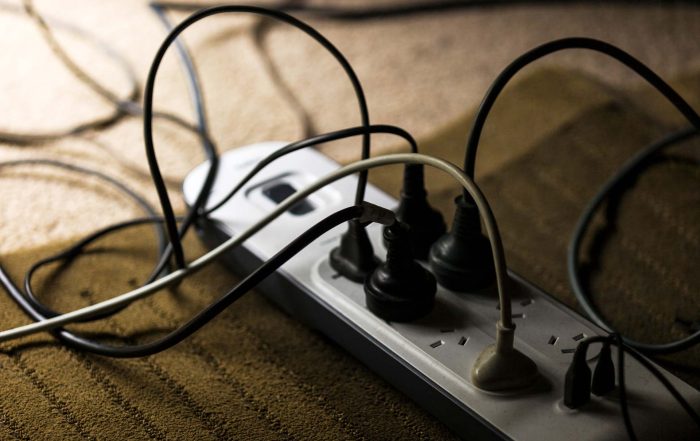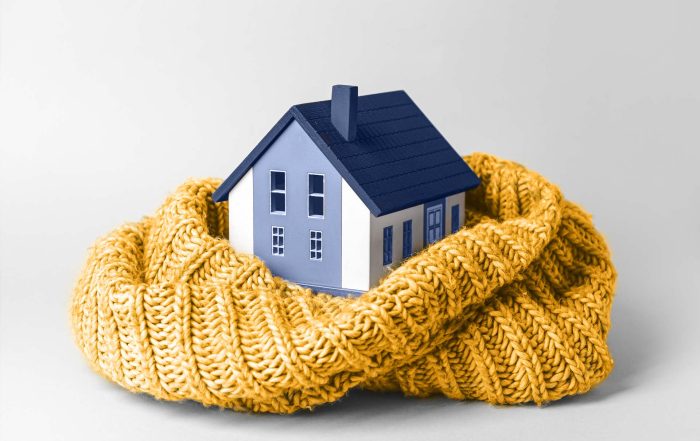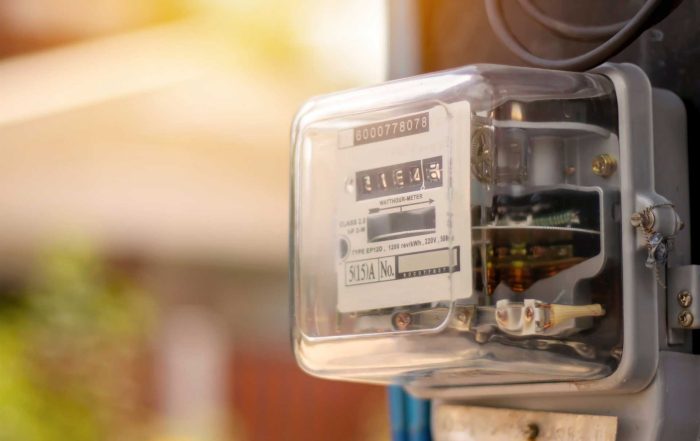Getting Started with Smarter Electrical Meters
Installing Smart Meters
As a team of smart (but so very modest) electricians, we love the idea of smart meters.
But we know for many people, this reasonably new technology means they usually have no idea what they are, and have a number of questions about it.
In this post, we ask and answer the questions we get asked the most.
What is a smart meter?
Smart meters record your electricity usage every half-hour (this time interval could decrease in the future).
The key difference between this and other meters is that your information is transmitted directly to your electricity retailer. Therefore, accurate readings are provided without having someone visit your property to take physical readings – and those annoying ‘estimated readings’ (when they can’t be bothered) can go straight into the great garbage bin of history.
In most parts of Australia, all new meters must now be either smart or digital, but there is no legal requirement to upgrade your current meter if it ISN’T a smart meter.
It is also possible to ask for a non-smart meter if you do not wish your electricity retailer to have real-time usage data from your property.
What other types of meters have been used in the past?
There are two main types of meters that have traditionally been installed in Australian properties.
Accumulation meters do no more than keep track of your total energy usage. These are often called flat-rate meters simply because you are charged – no surprise – a flat rate, always the same no matter how and when you actually use your electricity.
The other common type – interval meters – record your usage, similar to smart ones, at 30-minute intervals. This works when you wish to have a tariff with different rates for your usage throughout the day.
You’ve probably already guessed that choosing these names wasn’t exactly rocket science!
Both of these meters require on-site readings.
What are the key benefits of installing a smarter meter?
Obviously, energy companies are keen as mustard because it provides them with regular information-streams and eliminates the need for on-site readings.
For you guys (the customer), whether you’re a household or business owner, a smart meter can deliver real information to the power company, almost in real-time, of how much energy is being used. Therefore, you’ve got a greater chance that your power bill reflects your actual usage (believe me – often it doesn’t).
Another important benefit is that electrical distributors can spot faults far more quickly and offer speedier responses; and connection fees are considerably lower for smart-metered properties, because there’s no need for a meter reader to visit the premises first.
Upgrading to a smart meter can also provide you with access to an increased number of tariff structures (ie. power discounts) – but it is wise to check any effects on your current deal, and its rewards or discounts, that changing to a smart meter might have with your current energy retailer.
Okay – but aren’t there some drawbacks to smart meters?
Some people do feel that this is an example of invasive technology, with energy companies having access to half-hourly readings of your energy usage, which could possibly be used in future marketing activities.
Others worry about the smart meter being hacked – however, that’s a situation that’s true of most connected devices. It’s also true that you can’t relocate a smart meter to another property should you later move home.
We’ve also heard rumours of smart meters causing damage to home wiring systems or other appliances – but there is no evidence of this, and we’ve never seen it happen.
There are also the installation costs. They’re usually quite a bit more than your standard meter, but the good news is that many retailers will cover this initial cost on behalf of their customers – but definitely check if you’re thinking about it.
Making the smart (meter) decision
Traditionally, electrical meter installations were the realm of Level 2 Electricians, but not that long ago the rules were changed so that the electrical retailers have responsibility for it. They have their own people that do the installs.
Here’s the problem though: they’ll only hang the meter – they won’t fix any issues that prevent them from doing it.
So many times we’ve had customers who’ve asked their retailer for a new meter, then the installer comes out and leaves a note saying the meter can’t be hung because the board contains asbestos. Or maybe the service fuses aren’t compliant. Or the main switch isn’t compliant. Or they think the board isn’t weather-proof. If something like that happens, they won’t touch it.
So if you do want a new meter, you have to make the changes to your switchboard to handle it. Only a level 2 electrician can make those changes.
If you’d like to talk about upgrading to a smart meter, or even if you need work done on your electrical meter in Sydney, feel free to give us a call. We can make sure your switchboard is ready for it.



